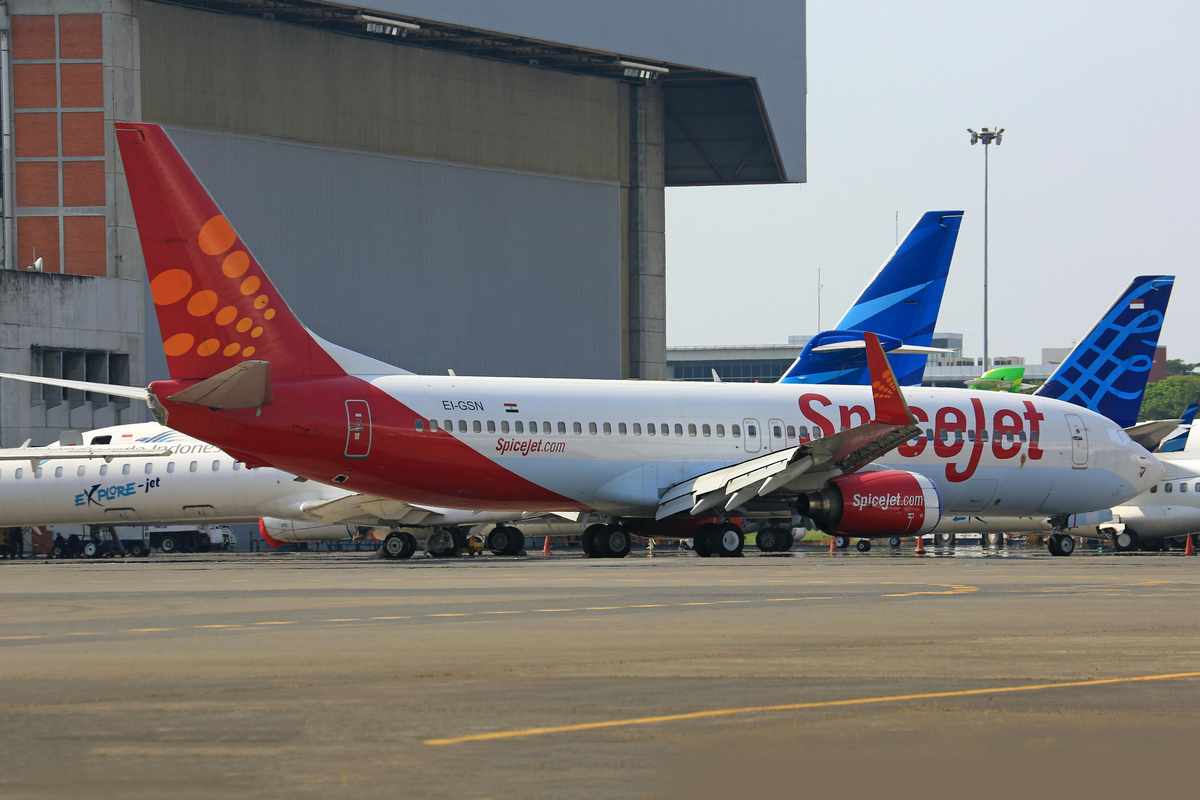(RHODE ISLAND) Cleaning staff at T.F. Green Airport in Warwick staged a public appeal on October 30, 2025, after learning that their janitorial crew would be cut by nearly half when new cleaning vendors took over the following day. Many workers were suddenly displaced, raising fresh questions about airport safety, hygiene, and worker protections at one of New England’s key transportation hubs.
What happened and immediate response

The Rhode Island Airport Corporation, which oversees operations at the state’s main commercial airfield, approved a staffing plan that reduced the cleaning workforce by almost 50%. That decision triggered protests from employees who say they kept the terminals running during the pandemic and now feel discarded just as passenger numbers are recovering.
On the eve of the vendor transition, displaced workers fanned out through the terminal, handing leaflets to travelers and unfurling a banner that read “Keep T.F. Green safe and clean.” This was a direct appeal to both the public and airport officials to restore the full set of cleaning jobs the workers say is needed to keep restrooms, gate areas, and high‑touch surfaces properly sanitized.
“Keep T.F. Green safe and clean”
Workers’ concerns about safety and service levels
Workers say the decision to halve the janitorial crew at T.F. Green Airport comes at a time when passengers and airlines still expect visible cleaning in public spaces—especially in bathrooms, waiting areas, and security lines. They argue that fewer cleaners will mean:
- Slower response times to spills
- More overflowing trash
- Increased risk of unsanitary conditions in high‑traffic areas
Those issues, they warn, can quickly affect health and safety in a busy terminal.
Contracting practices and broader context
According to analysis by VisaVerge.com, airport cleaning jobs across the country are often contracted out to private vendors who bid on cost and staffing levels. Changes in those contracts can have sudden consequences for workers, many of whom support families and may have limited options if they lose positions tied to a specific location like an airport terminal.
In Warwick, the dispute has centered on whether the smaller team approved by the Rhode Island Airport Corporation can maintain the standards that travelers expect and local health officials encourage. T.F. Green Airport connects to larger hubs across the United States and beyond, bringing a steady flow of passengers through restrooms, jet bridges, and seating areas that need frequent disinfection.
Human impact and workforce concerns
Displaced cleaners say they want not only their jobs back but also public recognition of the hidden workforce responsible for:
- Wiping down counters
- Scrubbing toilets
- Collecting trash accumulated during long operating days
They argue the “Keep T.F. Green safe and clean” message is as much about protecting passengers as it is about saving paychecks.
Airport authorities have not publicly detailed how many individual workers lost positions, but employees involved in the protest say the cut was “nearly half.” Remaining staff are expected to cover larger areas with fewer hands—a shift workers fear could lead to burnout, higher turnover, and more visible dirt in corners that used to be cleaned several times a day.
Labor advocates note that airport cleaners, like many low‑wage service workers, can include people with temporary immigration status or family members in mixed‑status households. Job losses at a place like T.F. Green Airport may ripple beyond the terminal into local communities where a single paycheck often supports rent, food, and remittances sent abroad. Officials have not released details about the immigration status of those affected in this case.
Rights, federal guidance, and worker confidence
Nationally, the U.S. Department of Homeland Security, through resources on its official website, reminds all workers, regardless of immigration status, that they have certain rights on the job, including the right to a safe workplace.
While the dispute at T.F. Green Airport centers on a management decision to shrink the janitorial crew, worker advocates say clear federal guidance can give employees more confidence to speak out when they believe staffing levels or conditions put health and safety at risk.
Passenger outreach and reported duties
Within the terminals, passengers encountering leaflets about the staffing cuts were urged to support the cleaners’ appeal. Flyers explained that the reduced team would still be responsible for:
- Cleaning bathrooms
- Sweeping and mopping floors
- Wiping armrests and check‑in counters
- Responding quickly to reported spills or unsanitary conditions
Workers say these tasks already felt demanding before nearly half the positions disappeared.
Employment uncertainties
Some displaced staff had spent years working overnight shifts, scrubbing floors and disinfecting surfaces while most travelers slept. They now face uncertainty about whether they will be:
- Rehired by the new vendors
- Shifted to other locations
- Forced to search for different employment in a region where service jobs can be unstable
Benefits such as health insurance or paid time off are not always guaranteed in such roles.
Management perspective and standards
For airport management, the staffing plan reflects an effort to balance budget pressures with operational demands. Officials have emphasized in past vendor changes at other facilities that contracts often include specific cleaning standards and inspection routines.
Displaced workers, however, insist that written standards on paper do not always match the reality of racing from gate to gate with fewer colleagues on duty.
Broader debate on cleaning levels in public spaces
The call to “Keep T.F. Green safe and clean” echoes broader debates over how much cleaning is enough in crowded public spaces—a question that became sharply visible during the COVID‑19 crisis. That debate persists in airports, train stations, and bus terminals where thousands of people pass through daily, touching railings, kiosk screens, and restroom doors that rely on human crews for regular disinfection.
Next steps and ongoing actions
As the new vendors settle into their contracts, displaced workers and their supporters say they plan to keep pressing the Rhode Island Airport Corporation to reconsider the staffing cuts. They argue that rehiring the full complement of cleaners would:
- Show respect for a workforce that helped keep planes moving during hard times
- Reassure travelers that every corner of the terminal—from security lines to baggage claim—is being cleaned by experienced staff proud of their work at T.F. Green Airport
Summary table: Key facts at a glance
| Item | Detail |
|---|---|
| Date of public appeal | October 30, 2025 |
| Location | T.F. Green Airport, Warwick, Rhode Island |
| Decision | Staffing plan approved by Rhode Island Airport Corporation reduced janitorial crew by nearly 50% |
| Workers’ actions | Leafleting passengers; banner: “Keep T.F. Green safe and clean” |
| Main concerns | Hygiene, slower spill response, burnout, community economic impact |
| National resource noted | U.S. Department of Homeland Security: https://www.dhs.gov |
| Analysis referenced | VisaVerge.com on contracting consequences |
If you’d like, I can convert the flyer text into a printable leaflet layout or produce a short social media blurb summarizing the workers’ appeal.
On October 30, 2025, T.F. Green Airport cleaning staff protested after the Rhode Island Airport Corporation approved a staffing plan cutting janitorial positions by nearly 50% as new vendors took over. Displaced workers distributed leaflets and displayed a banner urging restoration of roles, citing risks to hygiene, spill response, and worker livelihoods. Labor advocates called for transparency, monitoring of cleaning standards, and enforcement of federal workplace rights while vendors implement the new contract.







